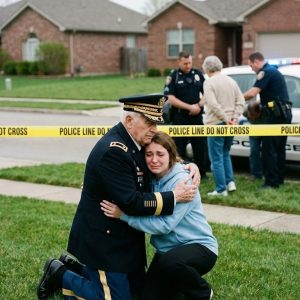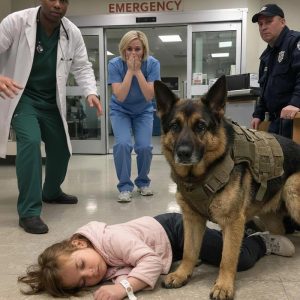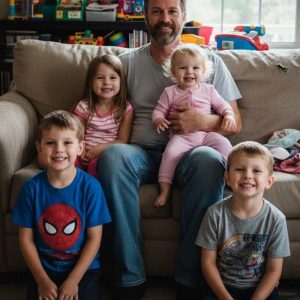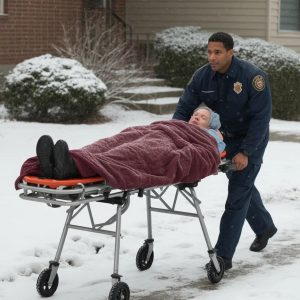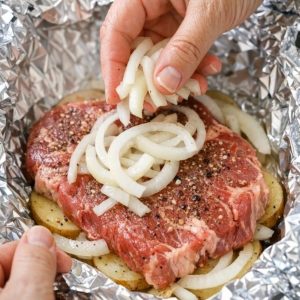I told her I hated her.
That I never wanted to see her again. That she “ruined my life.”It was the last thing I ever said before slamming the door and vanishing into the world with a duffel bag and a half-charged phone.
We didn’t speak for nine years.
No birthday calls. No letters. No updates.
I became a medic. Not because I wanted to save the world—because I wanted to save someone.
I didn’t even recognize her at first. The ER nurse handed me her chart, said Room 3, unstable vitals, nonverbal, late-stage complications.
I walked in and nearly dropped the tablet.
It was her.
Older. Smaller. Softer.
But still her.
And then it hit me like a train. The way her chest rose and fell with difficulty, the frail bones under paper-thin skin, the tubes running out of her arms—it was my mom. The same woman I had once cursed, the same woman I had sworn I’d never forgive.
My throat tightened, and for a second I couldn’t move. The room was quiet except for the beeping machines, and I stood there frozen, not as a medic, but as a son.
I forced myself to step closer. My training kicked in, at least on the surface. I checked her pulse, noted her breathing, adjusted her IV drip. My hands moved like they’d done a thousand times before, but inside, everything was chaos.
“Ma…” I whispered, though I knew she couldn’t answer. Her eyes fluttered, unfocused, but I felt like maybe she knew it was me.
The nurse came back in, asking if I needed help. I shook my head quickly, hiding my face so she wouldn’t see the tears threatening to spill. I wasn’t just treating another patient. This was my mother. The woman I had abandoned.
